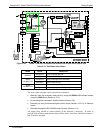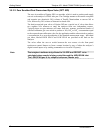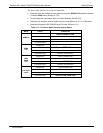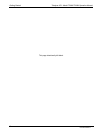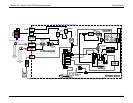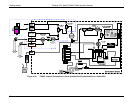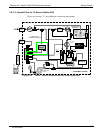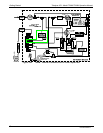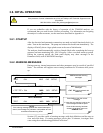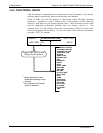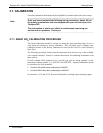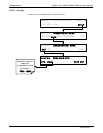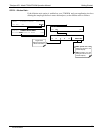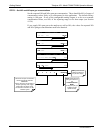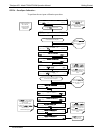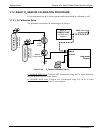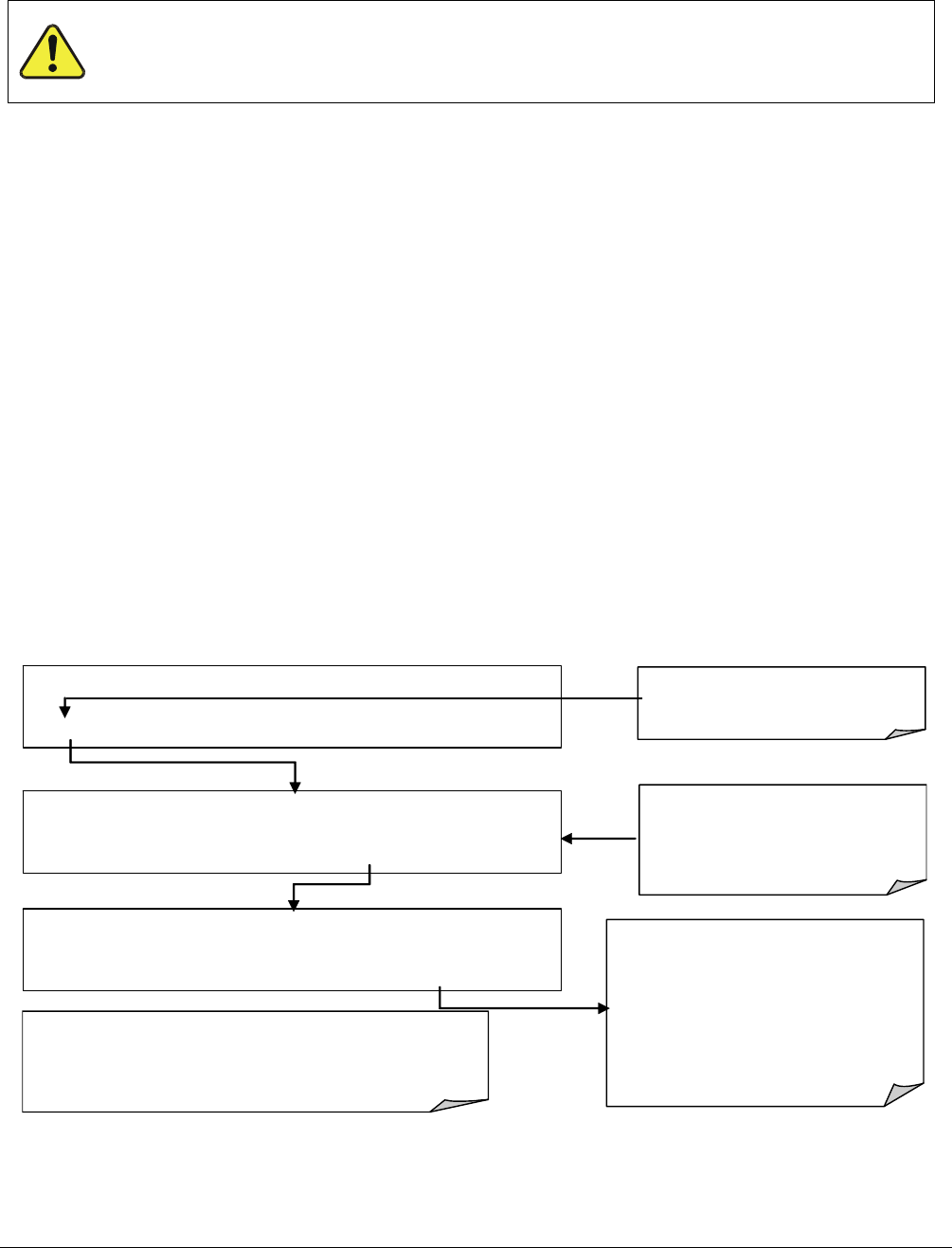
59
3.6. INITIAL OPERATION
CAUTION!
If the presence of ozone is detected at any time, call Teledyne API Technical Support as soon
as possible:
800-324-5190 or email: sda_techsupport@teledyne.com
If you are unfamiliar with the theory of operation of the T200H/M analyzer, we
recommend that you read Section 8 before proceeding. For information on navigating
the analy
zer’s software menus, see the menu trees described in Appendix A.
3.6.1. STARTUP
After the electrical and pneumatic connections are made, an initial functional check is in
order. Turn on the instrument. The pump and exhaust fan should start immediately. The
display will briefly show a logo splash screen at the start of initialization.
The analyzer should automatically switch to Sample Mode after completing the boot-up
sequence and start monitoring NO
X
, NO, NO
2
gases. Allow a one-hour warm-up period.
During the warm-up period, the front panel display may show messages in the
Parameters field, such as WARNING messages.
3.6.2. WARNING MESSAGES
During warm-up, internal temperatures and other parameters may be outside of specified
limits. The software will suppress most warning conditions for 30 minutes after power
up.
SAMPLE HVPS WARNING NOX = 0.0
TEST CAL MSG CLR SETUP
Press CLR to clear the current
message.
If more than one warning is active, the
next message will take its place
Once the last warning has been
cleared, the analyzer returns to
SAMPLE mode
SAMPLE RANGE=200.0 PPM NO = 0.0
< TST TST > CAL MSG CLR SETUP
SAMPLE HVPS WARNING NOX = 0.0
TEST CAL MSG CLR SETUP
TEST deactivates warning
messages
MSG activates warning
messages.
<TST TST> keys replaced with
TEST key
NOTE:
If the warning message persists after several attempts to
clear it, the message may indicate a real problem and not
an artifact of the warm-u
p
p
eriod
Section 4.2.2 provides a table of warning messages with their definitions and the steps to
view and clear them. If warning messages persist after 30 minutes, investigate their
cause using the troubleshooting guidelines in Section 7.
07270B DCN6512



